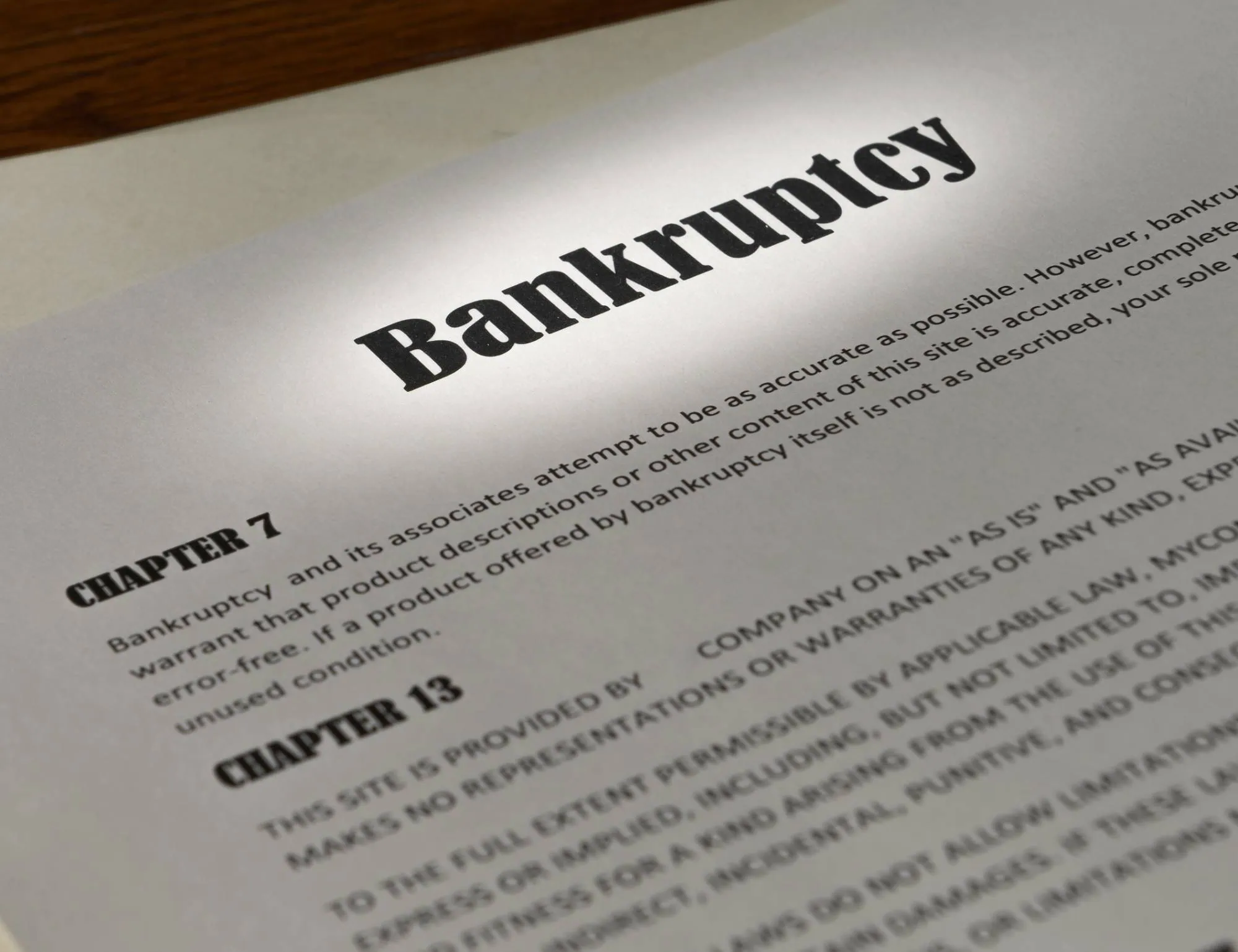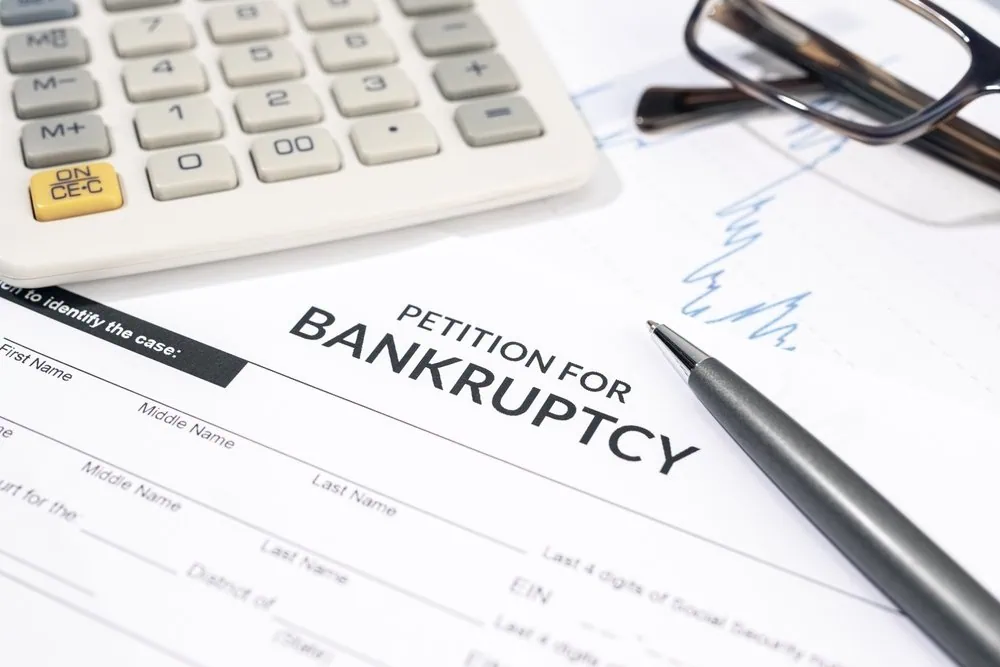Understanding Real Estate Tax Liens in New York
In New York State, real estate tax liens occur when property owners fail to pay their property taxes. These unpaid taxes become a lien on the property, giving the local government the right to foreclose if the debt remains unpaid. Understanding how these tax liens work is essential for both property owners and potential investors.
The Process of Tax Lien Foreclosures in New York
The foreclosure process on a real estate tax lien in New York is a methodical and legal procedure. Initially, when property taxes are unpaid, the local government files a lien against the property. This lien represents the unpaid amount plus any interest and penalties. If the property owner continues to neglect their tax obligations, the government can move forward with foreclosure.
Notice of Foreclosure
Before the foreclosure process begins, the property owner is given a notice of foreclosure. This notice includes the total amount owed, including the principal tax debt, interest, and any additional fees. It’s crucial for property owners to address this notice promptly to avoid losing their property.
Right of Redemption
New York State law provides a “right of redemption” period, allowing property owners to pay off their tax debt before the foreclosure is finalized. During this period, the owner can pay the full amount due and retain ownership of their property. However, if the debt is not settled within the allotted time, the foreclosure process continues.
Auction of Foreclosed Properties
If the property owner fails to redeem the lien, the property is then sold at a public auction. These auctions are an opportunity for investors to purchase properties at a potentially lower price, though they also come with risks. Buyers at these auctions must be aware that they are purchasing the property subject to any existing liens or encumbrances.
The Impact of Foreclosure on Property Owners
Foreclosure can have severe consequences for property owners. Not only do they lose their property, but their credit score can be significantly affected, making it more challenging to secure loans or purchase new property in the future. Additionally, the emotional toll of losing one’s home cannot be understated.
How to Avoid Foreclosure on Tax Liens
Property owners facing financial difficulties should seek assistance early. Many local governments offer payment plans or other options to help homeowners manage their tax debts. Ignoring the problem will only lead to more severe consequences down the line.
Investing in Tax Lien Properties: Opportunities and Risks
For investors, purchasing tax lien properties can be lucrative, but it requires thorough research and a clear understanding of the risks involved. While it is possible to acquire property at a lower cost, there may be other liens or legal issues attached to the property that can complicate the investment.
Conclusion
Foreclosures on real estate tax liens in New York State represent a critical issue for property owners and a potential opportunity for investors. By understanding the process, property owners can take steps to avoid foreclosure, while investors can navigate the complexities of purchasing foreclosed properties. Whether you’re a homeowner or an investor, staying informed about tax lien foreclosures is crucial.




